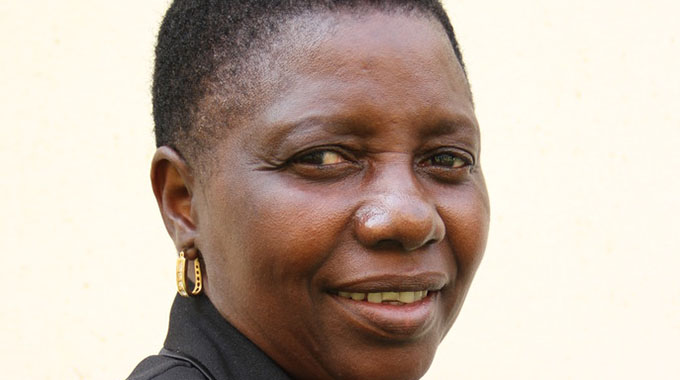S40 of Marriages Bill: Questions, myths and reflections

Alyssa Masiyambiri Features Correspondent
LET me start by a disclaiming that I am no legal fundi but just an ordinary peace-loving Zimbabwean with roots in both rural and urban lifestyles. Over the past month I have followed and, in some instances, participated in debates over the proposed marriages Bill particularly the portion below:
“. . . 40 Civil partnerships
(1) A relationship between a man and a woman who—
(a) are both over the age of eighteen years; and
(b) have lived together without legally being married to each other; and
(c) are not within the degrees of affinity or consanguinity as provided in section seven; and
(d) having regard to all the circumstances of their relationship, have a relationship as a couple living together on a genuine domestic basis . . .”
Two key take-away points for me are how entrenched and subversive patriarchy is to an extent that the whole debate is twisted to be woman versus woman and, secondly, class superiority.
Social stratification of the Zimbabwean society is illuminated as various quotas argue from their perceived reality and moral correctness. I will make an attempt to put down a few lines of arguments I have encountered.
From a class point of view, I have heard working class women vehemently castigating Section 40 from an interpretation that it allows “another woman” to come in and eat from their kill. A large section of women especially in urban areas feel that another woman is sneaking in their marriages for easy riches. Of interest to me are the assumptions that the civil partner is not economically endowed of which the reverse could be true. My further question is that as women is all our worry about asset loss? Essentially, what does that mean? Interpretation can then be that both women are materialistic? As women we need to make our narrative straight and be clear on what are our priorities. Accusing the other woman of being a free rider exonerates the man of moral responsibility in committing to monogamy.
Religious perspective – Pentecostal Christians have so far have been loudest critics of Section 40 labelling it an attack on the marriage institution and an abomination of the Holy Bible, which prohibits polygamy. Some were even holier than thou enough to call it satanic, therefore they should pray, pray and pray more that this section does not see light of day. The challenge that then arise from this standpoint is whether Pentecostal churches are against polygamy or is there a recognition by the law of civil partnerships? What really is the argument here? It’s important to be aware that a civil partnership can anytime be upgraded to be a polygamous union. Also critical to be conscious of is different interpretations to the Bible. There are different strands of Christianity in Zimbabwe some which allow polygamy. What this means therefore is that one religious ideology and interpretation of the Bible cannot be the absolute for law. In addition, there is freedom of religion in Zimbabwe, therefore Christianity is not superseding to other beliefs.
Some human rights proponents have termed this section progressive as it attempts to accord property rights to all women and brings equality to all unions whether registered or unregistered. The argument goes further to say the Bill is still weak in this regard and needs further strengthening in some aspect such as the court’s prerogative to determine the validity of civil partnership and that the court will have discretion to add more requirements above those stated in the Bill. This may make the criteria to decide such a matter vague and gives the court too much leeway, which can be problematic in that the court gives guiding principles but asserts that these may not be necessary, which makes the matter difficult and gives the judicial officer too much room to make decisions.
The confusion around Section 40 could be a reflection of cultural assimilation as Zimbabwe gets in contact with other cultures and religions. Co-habitation or civil partnership is acceptable in some societies and is worthy acknowledging that it’s happening here in various configurations such as “kuchaya mapoto”, “small house”. There is one glaring gap, though, and the reality is that the set-up leaves women in the middle of nowhere, so to speak. In another analysis one may point out that currently small houses (civil partnerships) are an obligation and allow men to have extra-marital affairs, thus exposing women.
Let me conclude with more questions about Section 40: Is it not that the section attempts to place some level of responsibility for those who decide to have civil partnership? Is the law really legalising small houses? Is the argument about morality or fairness? Whose standards of morality, for who and why? Failure to acknowledge civil partnerships benefits who? Men or women?









Comments